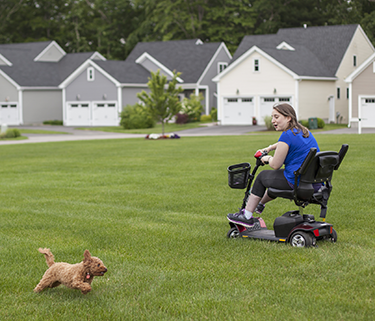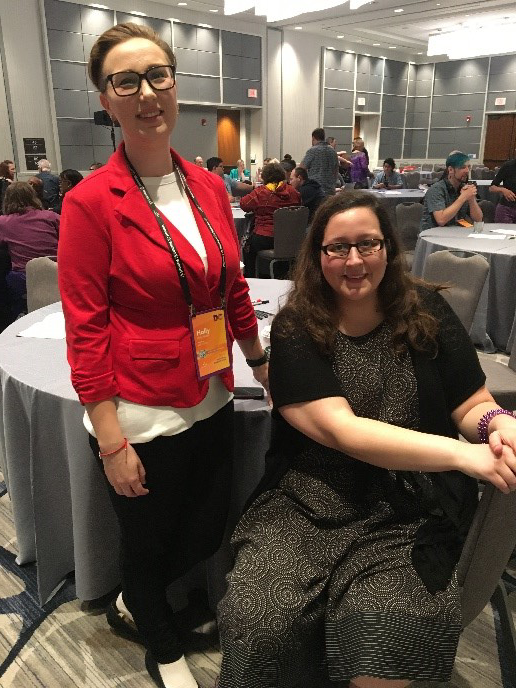Community Living Program Extension Passes: 2020 Year to Advocate for Deinstitutionalization
Washington, D.C. – This week, instead of finalizing a deal that would provide certainty and stability to a program that moves people with intellectual and developmental disabilities (I/DD) out of institutions and into the community of their choice, Congress reauthorized the program for only five months.
The Money Follows the Person program, or MFP, provides funds to states to continue their work on deinstitutionalization, by paying for programs not normally covered by Medicaid, such as housing and employment services. MFP has moved more than 91,000 people with disabilities and aging adults out of institutional settings and back into the community, where they belong. The program has also shown better quality of life outcomes and Medicaid savings averaging 20% per beneficiary per month.
Just a few weeks ago, a bipartisan deal was on the table to permanently extend the program. But in the final negotiations, the length of the support of the program was changed to five months.
“While this is a disappointing turn of events, we have our marching orders for 2020 – advocate, advocate, advocate for a permanent commitment to Money Follows the Person. There is widespread, bipartisan support for this successful program. If we are going to achieve the goal of bringing people out of the dark shadows of institutions to live meaningful, independent lives in the communities of their choice among their family members and peers, with appropriate supports and services, then Congress has to step up. We are ready to help make that happen in 2020,” said Peter Berns, CEO, The Arc.
The Arc advocates for and serves people with intellectual and developmental disabilities (I/DD), including Down syndrome, autism, Fetal Alcohol Spectrum Disorders, cerebral palsy and other diagnoses. The Arc has a network of over 600 chapters across the country promoting and protecting the human rights of people with I/DD and actively supporting their full inclusion and participation in the community throughout their lifetimes and without regard to diagnosis.
Editor’s Note: The Arc is not an acronym; always refer to us as The Arc, not The ARC and never ARC. The Arc should be considered as a title or a phrase.



















